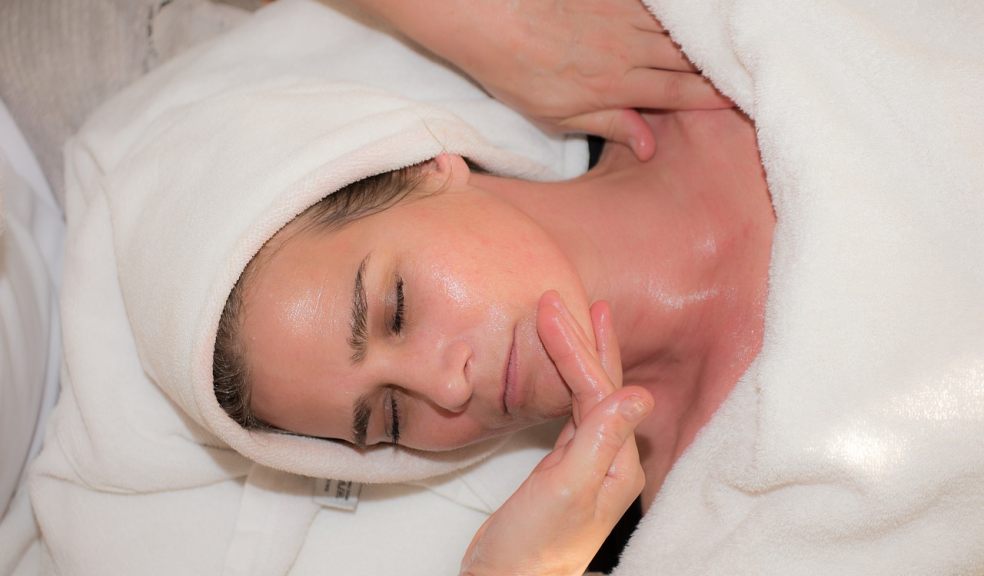
The Magic of Hyaluronic Acid: A Deep Dive into its Transformative Powers
Hyaluronic acid, often referred to as hyaluron, has become a cornerstone in the world of skincare and cosmetic treatments, celebrated for its unparalleled hydrating properties and versatility. This article explores the essence of hyaluron, its rise to fame, the best treatments it offers, and its myriad benefits, providing insights into alternatives for those who may not tolerate it well.
What is Hyaluron?
Hyaluron, or hyaluronic acid (HA), is a naturally occurring polysaccharide found in the human body. It's particularly concentrated in the skin, eyes, and connective tissue, serving as a critical component for maintaining hydration, elasticity, and tissue repair. Its unique ability to retain water—up to 1000 times its weight—makes it an invaluable ingredient in skincare and medical aesthetics.
The Rise of Hyaluron
Though always present in the body, hyaluron's popularity in skincare and aesthetic medicine surged in the early 21st century. Its absence in the '80s and '90s skincare regimes can be attributed to the then-limited understanding of its benefits and the technology required to harness it effectively. Advances in biotechnology have since enabled the production of stable, highly effective hyaluronic acid formulations, paving the way for its widespread use today.
Best Hyaluron Treatments
Hyaluron treatments have diversified, offering something for everyone, from those seeking daily skincare enhancements to individuals looking for significant cosmetic improvements.
Here's a detailed table that categorizes various hyaluron-based products, describing their type, usage instructions, and benefits.
This table aims to provide a comprehensive overview for individuals looking to incorporate hyaluronic acid into their skincare or cosmetic routine.
|
Product Type |
Name/Example |
How to Use |
Benefits |
|
Serums |
Hyaluronic Acid Serum (The Ordinary) |
Apply 2-3 drops to clean, damp skin before moisturizers, twice daily. |
Intensely hydrates, plumps the skin, reduces appearance of fine lines. |
|
Moisturizers |
HA-Infused Moisturizer (Cerave Cream) |
Apply evenly to face and neck after cleansing, morning and night. |
Locks in hydration, improves skin barrier, smoothens skin texture. |
|
Eye Creams |
Hyaluronic Acid Eye Cream (L'oreal) |
Gently pat around the eye area after cleansing, morning and night. |
Hydrates delicate eye area, reduces dark circles and puffiness. |
|
Fillers |
HYAFILIA et al.(Hyaluronic Acid Filler) |
Administered by a professional in a clinical setting, usually every 6-18 months. |
Adds volume to facial features, smooths out wrinkles, offers immediate results. |
|
Sheet Masks |
Hyaluronic Acid Sheet Mask (Soon Jung) |
Apply to clean skin, leave on for 15-20 minutes, then remove and pat in excess serum. |
Provides deep hydration, soothes and cools the skin, instant glow. |
|
Supplements |
Hyaluronic Acid Supplements (Generic) |
Take orally as directed, usually one or two capsules daily with water. |
Supports skin hydration from within, may improve joint and eye health. |
|
Injectable Treatments |
Professional HA Skin Boosters (e.g., Profhilo) |
Administered by a healthcare professional in a series of injections, typically 2 sessions a month apart. |
Deeply hydrates the skin, improves skin elasticity and firmness, offers natural-looking rejuvenation. |
Note: "Generic" is used here to denote common products available in the market under various brand names. Specific product recommendations should be based on individual research, preferences, and, if applicable, professional advice.
Each product type brings unique benefits, catering to different needs and preferences, from simple daily hydration to advanced anti-aging and volumizing solutions.
But fillers like Hyafilia are probably the most effective and best of all - to learn more about it visit this site.
Benefits of Using Hyaluron
The benefits of hyaluron are vast, impacting both the surface and deeper layers of the skin. Here's an in-depth look:
|
Benefit |
Skincare Use |
Filler Use |
|
Hydration |
Enhances skin moisture, reducing dryness |
Adds volume to the skin, reducing the appearance of wrinkles |
|
Elasticity |
Improves skin texture, promoting a youthful look |
Supports skin structure, offering a natural lift |
|
Tissue Repair |
Accelerates healing, beneficial for acne scars |
Promotes collagen synthesis, aiding in long-term skin health |
|
Versatility |
Suitable for all skin types, including sensitive skin |
Can be used in various areas, including lips, cheeks, and under eyes |
Alternatives to Hyaluron
For individuals unable to tolerate hyaluronic acid, alternatives include:
- Poly-L-Lactic Acid (PLLA): Stimulates the skin to produce collagen, offering a gradual improvement in skin texture and volume.
- Calcium Hydroxylapatite (CaHA): A mineral-like compound used in fillers to stimulate collagen production for longer-lasting results.
- Glycerin: A humectant that attracts water, similar to HA, suitable for topical skincare products.
Final Words
Hyaluron has rightly earned its place as a magical ingredient in the realm of aesthetics and skincare. Its ability to transform the skin from within, providing hydration, elasticity, and rejuvenation, makes it a favorite among professionals and skincare enthusiasts alike.
As the industry continues to evolve, hyaluron remains at the forefront, promising continued innovation and solutions for ageless beauty. Whether through daily serums or advanced filler treatments, hyaluron's benefits are undeniable, offering a versatile and effective approach to skin health and cosmetic enhancement.













